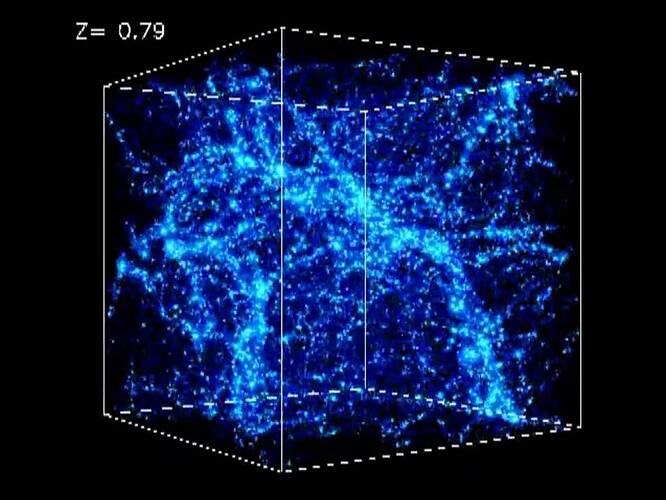In fact, I was not specifically implying the Standard Model. It’s more or less clear that it should be somehow upgraded or superseded to unite gravity with the other fundamental interactions - at least, that’s what the scientific ethos demands. But the successor theory’s content is almost irrelevant to what I’m pointing at.
Any scientific model of any natural process, including a scientific explanation of the Universe’s emergence, must refer to some natural laws already at work. That’s just the inherent logic of scientific discourse - and this logic is the only real limit of scientific understanding.
In other words, some further research may show that the natural laws that we deem the most fundamental can be derived from some other, even more fundamental laws; thus, the latter will occupy the place of the basic reality whence everything else appears. The place of the fundamental reality that is postulated without being derived from anything else is never empty.
To give an example: I somewhat love Vilenkin’s hypothesis of small close universes spontaneously nucleating out of nothing, “where `nothing’ refers to a state with no classical space and time” (Fanaras and Vilenkin 2023). I don’t mean that I deem this hypothesis necessarily correct. But it is a good illustration of what I’ve written above.
This hypothesis, based on Wheeler-DeWitt equation, seeks to describe the Universe’s earliest stages by a wave function (but this wave function is different from the Hartle-Hawking model). The hypothesis proposes a model of multiple universes’ spontaneous emergence out of nothing - but this “nothing” is not an absolute nothingness. The very fact that this spontaneous emergence is described by wave function implies that a certain quantum field’s existence is prerequisite for this “mechanism” to work.
Why does this quantum field exist? The Vilenkin’s hypothesis, like any other hypothesis describing the universes’ emergence out of nothing quantum-mechanically, by a wave function, doesn’t answer this question.
Perhaps, one of these hypotheses will someday become the proven theory. Perhaps, scientists will then proceed with further research proposing some hypotheses on the primordial quantum field’s origin. But these hypotheses would inevitably refer to some other, even more basic form of reality.
Thus, science has repeatedly confirmed, confirms, and will always confirm that it deals only with the derived realities. But the existence of the derived realities is inevitably premised on some fundamental, non-derived, independent reality - which the scientific research can only approach without grasping.
This is not equivocation but analogy, which is an inescapable language of theology. When we speak of divine love, mind, freedom, will, actions, etc., we should understand that these terms don’t have the same meaning as the human love, mind, freedom, and the like. But these are not homonyms either. All these terms refer to different but related and, therefore, comparable realities.

